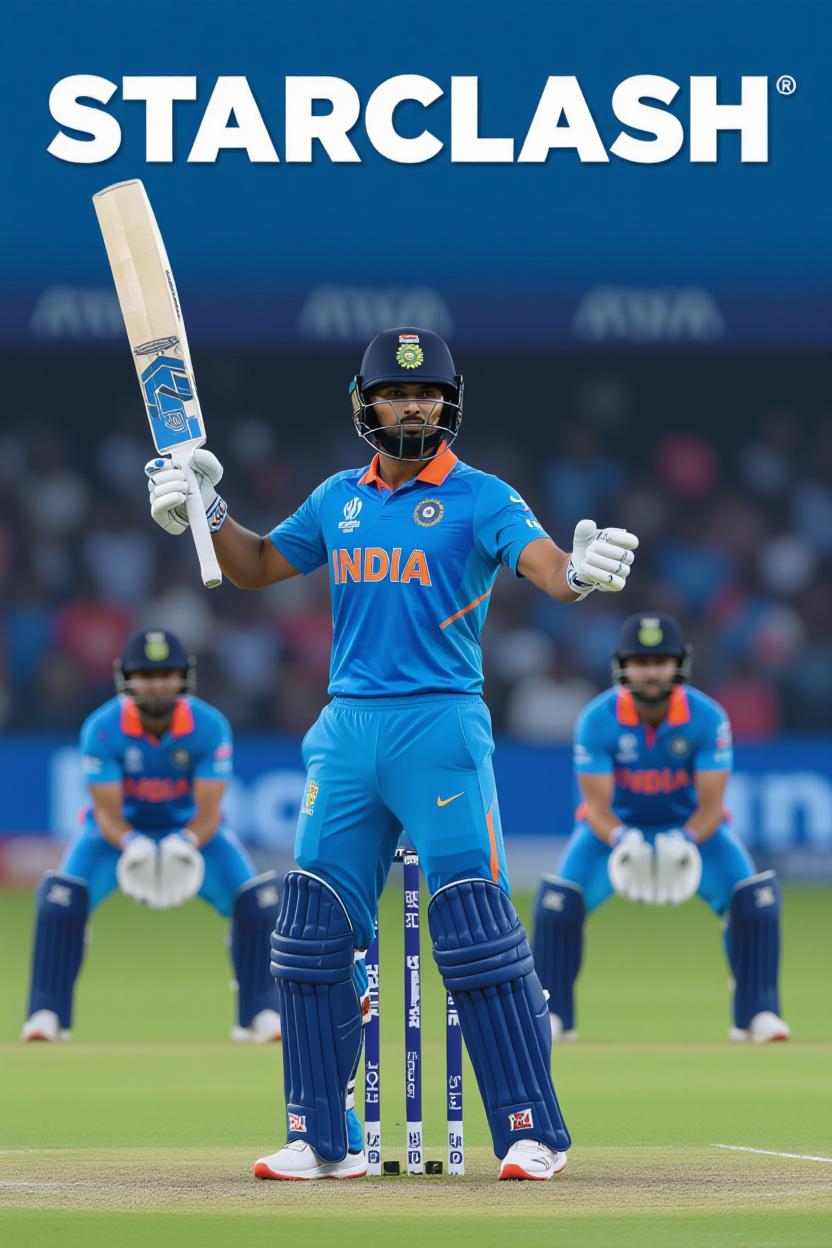The stage was set at the Dubai International Cricket Stadium on September 14, 2025, for the marquee clash of the Asia Cup: India vs Pakistan. With history, politics, and pride woven into every ball, millions watched as the two cricketing giants renewed a rivalry that stretches far beyond sport.
Build-Up: Tensions, Anticipation, and Dedication
India and Pakistan entered the match after tense weeks in their respective homelands. The build-up was steeped in patriotic fervor and emotional tributes, especially following recent events on both sides of the border. Indian captain Suryakumar Yadav, who celebrated his 35th birthday on matchday, publicly dedicated India’s effort to the armed forces and victims of recent terror incidents. Calls for boycotts and debates about sportsmanship filled social and broadcast media, but the teams arrived ready to let their cricket do the talking.
Pakistan’s Innings: Early Losses and Spin Stranglehold
Winning the toss, Pakistan chose to bat, hoping to set a psychological benchmark. That hope was quickly dashed. The Indian pace attack—led by Hardik Pandya and Jasprit Bumrah—struck in the opening overs, reducing Pakistan to 6 for 2 within 16 balls. Haris and Ayub succumbed, while Fakhar Zaman briefly survived via DRS.
Sahibzada Farhan tried to anchor, compiling a patient 40 from 44 deliveries with three sixes. With Pakistan 49/4 at the ten-over mark, the spinners took charge. Axar Patel and Kuldeep Yadav unleashed a spell of pinpoint accuracy, removing Fakhar Zaman, skipper Salman Agha, Hasan Nawaz, and Mohammad Nawaz in rapid succession. Pakistan’s middle order, desperate to accelerate, fell to risky strokes.
Shaheen Shah Afridi offered a late flourish with a spirited 33 off 16 balls, hammering two sixes and aiding Pakistan to finish at a modest 127/9 after 20 overs. Kuldeep Yadav’s three wickets for 18 runs and Axar’s two for 18 left India dominating the game’s narrative.
India’s Chase: Fireworks and Calm Precision
India’s chase was clinical and confident. Young Abhishek Sharma came out swinging, smashing a rapid 31 off 13 balls. Shubman Gill provided a steadier hand before being stumped for 10. Suryakumar Yadav, now captain and birthday celebrant, partnered with Tilak Varma for a measured middle phase. Tilak made 31 before Saim Ayub, Pakistan’s best bowler of the day, clean bowled him.
With only 128 needed, India had the luxury of building partnerships. Suryakumar took control, finding gaps and boundaries at will. He finished unbeaten on 47, ending the match with a six as India cruised to 131/3 in just 15.5 overs—a comprehensive seven-wicket triumph that put them atop Group A and cemented their dominance over Pakistan in T20Is.
Key Moments: Drama, Errors, and Turning Points
The match showcased classic Indo-Pak drama: quick wickets, spectacular fielding, dropped catches (notably by Mohammad Nawaz, whose multiple attempts at a sitter drew both laughter and tension), and resilience from both sides. Shaheen Afridi’s attack in the final overs added some excitement, but the game was already slipping away by then.
Suryakumar’s post-match remarks resonated with fans, as he dedicated the win to India’s armed forces and called it a “perfect gift to the nation.” The captain’s composure, both with bat and leadership, stood out as he defused pressure and guided his team to a signature victory.
The Handshake Controversy: Sportsmanship Under Scrutiny
After the final wicket and boundary, all eyes turned to the traditional post-match handshake. In a deviation from custom, India’s players refrained from the gesture due to national sentiment and team protocols following recent hostilities. The Pakistani team waited at the boundary, with visible confusion and disappointment. Some commentators and officials claimed miscommunication or match referee error, but the act immediately became a talking point across social media and news outlets.
Despite this, images later circulated showing a few players exchanging brief greetings, suggesting an undercurrent of mutual respect even in strained circumstances. The incident reignited debates about how sport can both reflect and transcend national divides, with fans yearning for moments of unity but understanding the complex realities faced by both teams.
Legacy and Impact: What This Clash Means Beyond Cricket
India’s win extended their dominance in T20Is over Pakistan, bringing their record to 11 wins from 14 encounters. The team’s balanced performance—combining world-class bowling, aggressive batting, and smart fielding—showed why India remains a favorite for the Asia Cup crown. For Pakistan, it was a lesson in rebuilding under pressure, relying on their younger players to gain experience for future contests.
The match also highlighted sport’s role in reflecting sociopolitical realities, reminding fans that every handshake, boundary, and appeal can carry deep national undertones. But beneath headlines and controversy, it is mutual respect and competitive spirit that endure.
Final Thoughts and Brand Reflection
The India vs Pakistan Asia Cup 2025 clash was more than a cricket match: it was an emotional journey, a window into national pride, and a demonstration of the highest level of sporting skill under pressure. As tempers cooled and fans exited the stadium and arenas—both physical and digital—they took with them lasting memories of excellence, drama, and resilience.
In the modern era, fans seek to deepen their connections to such iconic moments through digital platforms and gaming. Starclash, a premier sports brand, invites fans to experience this sporting thrill up close—with interactive games, real-time stats, sports leagues, and exclusive engagement features that bring the stadium atmosphere to your devices. Whether celebrating India’s triumph or hoping for Pakistan’s resurgence, Starclash unites cricket lovers under one digital roof, celebrating every ball, rivalry, and handshake that defines the heart of the game.
All events and reactions referenced are based on verified match reports and coverage from September 14, 2025, in Dubai





Comments